

Articles
How To Become A Plumbing Technician
Modified: October 20, 2024
Learn the essential skills and techniques to become a plumbing technician with our informative articles. Gain practical knowledge and enhance your career prospects.
(Many of the links in this article redirect to a specific reviewed product. Your purchase of these products through affiliate links helps to generate commission for Storables.com, at no extra cost. Learn more)
Introduction
Plumbing is an essential trade that plays a vital role in ensuring the functioning and comfort of our homes and businesses. From installing pipes and fixtures to repairing water leaks and clogged drains, plumbers have the skills and expertise to handle a wide range of plumbing-related issues. If you have ever been intrigued by this profession and have a passion for problem-solving and working with your hands, becoming a plumbing technician might be the perfect career path for you.
In this article, we will guide you through the steps to becoming a plumbing technician, from researching the industry to finding employment opportunities and advancing your career. So, if you’re ready to embark on a journey into the world of plumbing, let’s dive in!
Key Takeaways:
- Research the plumbing industry thoroughly to understand its demands, skills required, and market trends. Networking and hands-on experience are crucial for success in this field.
- Acquire the necessary education, certifications, and licenses to establish yourself as a reputable plumbing technician. Continuously invest in professional growth and seek mentorship for career advancement.
Read more: How To Become A BIM Technician
Step 1: Researching the Plumbing Industry
Before embarking on a career as a plumbing technician, it’s important to gain a comprehensive understanding of the plumbing industry. This step involves conducting thorough research to familiarize yourself with the various aspects of the profession.
Start by learning about the different types of plumbing work, such as residential, commercial, or industrial plumbing. Each sector has its own unique demands and requirements, so it’s crucial to identify which area aligns with your interests and goals.
Additionally, researching the current market trends and demands can give you valuable insights into the potential job opportunities available in your chosen field. Look into the growth projections for the plumbing industry in your area and identify any specific areas of expertise that are in high demand.
Furthermore, it’s important to educate yourself about the necessary skills and qualifications for a plumbing technician. Research the core competencies required, such as knowledge of plumbing systems, pipefitting, leak detection, and repair techniques. Identify any specialized skills or certifications that can give you a competitive edge in the job market.
While conducting your research, make sure to explore various resources such as industry publications, online forums, and professional associations. These platforms can provide valuable insights into the industry, offer guidance on training and education opportunities, and connect you with experienced professionals who can mentor you along the way.
Lastly, consider reaching out to local plumbing companies or professionals for informational interviews. This will give you the opportunity to ask questions, gather insights about the daily tasks and challenges of the profession, and gain a realistic understanding of what to expect in the field.
By dedicating time to research the plumbing industry, you will gain a solid foundation of knowledge and insights that will guide you in your journey to become a successful plumbing technician.
Step 2: Obtaining the Necessary Education and Training
Once you have familiarized yourself with the plumbing industry, the next step in becoming a plumbing technician is to acquire the necessary education and training.
Begin by researching reputable vocational schools, community colleges, or trade programs that offer plumbing courses. Look for programs that provide a comprehensive curriculum covering plumbing theory, practical skills, and hands-on training.
It’s important to choose a program that is accredited and recognized by relevant industry organizations. This ensures that you receive high-quality education and that your certifications and qualifications will be respected and valued by potential employers.
During your training, you can expect to learn about plumbing systems, including water supply and drainage systems, pipe installation, and repair techniques. You’ll also gain knowledge about plumbing codes and regulations to ensure compliance with safety and building standards.
In addition to classroom learning, hands-on experience is crucial for developing practical skills. Look for programs that offer apprenticeships or internship opportunities, allowing you to work alongside experienced plumbers and gain real-world experience.
In some cases, you may also have the option to pursue an apprenticeship directly without obtaining formal education. Apprenticeships typically involve a combination of on-the-job training and classroom instruction provided by a qualified plumber.
It’s important to note that licensing requirements for plumbers vary by location. Research and understand the specific licensing requirements in your area to ensure that you meet all the necessary criteria.
To enhance your skills and knowledge, consider pursuing additional certifications or specialized courses. Organizations such as the Plumbing-Heating-Cooling Contractors Association (PHCC) offer certification programs that can demonstrate your expertise in specific areas, such as gas line installation or backflow prevention.
By obtaining the necessary education and training, you will have the foundational knowledge and skills needed to succeed as a plumbing technician. It will also help you stand out in the competitive job market and give you confidence in your abilities to tackle any plumbing-related challenges.
Step 3: Gaining Hands-On Experience
While formal education and training provide the theoretical knowledge and foundational skills, gaining hands-on experience is crucial for becoming a competent and successful plumbing technician.
There are several ways to gain practical experience in the field of plumbing. One option is to seek employment as an apprentice or entry-level plumbing assistant. This allows you to work alongside experienced plumbers, observing their techniques and learning from their expertise.
During your apprenticeship or entry-level position, you will have the opportunity to apply the knowledge you acquired during your education and training. You’ll gain hands-on experience in tasks such as pipe fitting, fixture installation, leak detection, and repair.
Consider working with a variety of plumbing companies or contractors to expose yourself to different work environments and plumbing systems. This will enhance your versatility and adaptability as a plumbing technician.
In addition to on-the-job experience, you can also gain practical skills by volunteering for plumbing projects or assisting with community service initiatives. This can give you valuable hands-on experience while making a positive impact in your community.
Networking with established professionals in the industry can also provide opportunities for gaining hands-on experience. Attend industry events, join professional organizations, and reach out to experienced plumbers for mentorship or shadowing opportunities.
Continuously seeking opportunities to apply your skills and learn from experienced professionals will not only build your confidence but will also enhance your problem-solving abilities and help you develop a strong work ethic.
Remember, gaining hands-on experience is an ongoing process. As you progress in your career, continue seeking challenging projects and opportunities to expand your skillset. This will not only make you a valuable asset to employers but also fuel your passion for the trade.
By gaining hands-on experience, you will develop the practical skills, techniques, and confidence needed to excel as a plumbing technician.
Step 4: Acquiring Professional Certifications and Licenses
Acquiring professional certifications and licenses is a crucial step in becoming a qualified and trusted plumbing technician. These credentials validate your skills, expertise, and adherence to industry standards.
Start by researching the specific certifications and licenses required in your area. Regulations vary from region to region, so it’s important to understand the requirements set by local authorities and professional organizations.
One common certification for plumbers is the Journeyman Plumber certification. This certification typically requires a certain number of years of experience, passing an exam, and meeting other criteria set by the licensing authority. The Journeyman Plumber certification demonstrates your proficiency and allows you to work independently as a plumbing technician.
In addition to the Journeyman Plumber certification, there are other specialized certifications you may consider pursuing. For example, the Green Plumbers certification focuses on environmentally sustainable practices in plumbing, while certifications in specific areas like backflow prevention or gas line installation can showcase your expertise in those domains.
Professional organizations such as the Plumbing-Heating-Cooling Contractors Association (PHCC) and the National Inspection Testing and Certification Corporation (NITC) offer various certifications that can further enhance your credentials and marketability as a plumbing technician.
Licensing requirements for plumbers typically involve a combination of educational qualifications, work experience, and passing a licensing exam. Ensure that you fulfill all the necessary criteria and complete the application process to obtain your plumbing license.
It’s important to note that certifications and licenses may have expiration dates, requiring you to participate in continuing education programs and renew your credentials periodically. Stay updated with the latest industry standards and regulations to maintain your certifications and licenses.
Having professional certifications and licenses not only demonstrates your expertise and commitment to excellence but also provides peace of mind to clients and employers. These credentials can open doors to better job opportunities, higher earning potential, and also allow you to take on more complex and specialized projects.
By acquiring professional certifications and licenses, you will establish yourself as a qualified and reputable plumbing technician, earning the trust and respect of your clients and peers.
Tip: Gain hands-on experience by apprenticing with a licensed plumber to learn the skills and knowledge needed to become a successful plumbing technician.
Read more: How To Become A HVAC Technician
Step 5: Building a Network and Establishing Connections
Building a network and establishing connections within the plumbing industry is crucial for career growth and success as a plumbing technician. Networking provides opportunities for learning, collaboration, and career advancement.
Start by attending industry events, trade shows, and conferences. These gatherings bring together professionals and experts in the field, allowing you to connect with like-minded individuals and learn about the latest industry trends and advancements.
Joining professional organizations such as the Plumbing-Heating-Cooling Contractors Association (PHCC) or local plumbing associations can also expand your network. These organizations often host networking events, workshops, and training sessions that provide valuable opportunities to connect with industry professionals.
Additionally, make use of online platforms to build your professional network. Create profiles on LinkedIn and other professional networking sites, and join relevant groups and forums. Engage in discussions, share your knowledge and expertise, and connect with fellow plumbers, contractors, and industry influencers.
Establishing connections with experienced professionals in the field can offer mentorship and guidance as you navigate your career. They can provide insights, advice, and even potential job leads. Don’t hesitate to reach out to professionals you admire or want to learn from. Sending a polite and well-crafted introduction email can initiate a meaningful connection.
Networking is a two-way street, so be sure to offer help and support to others in your network whenever possible. Building a reputation as a reliable and helpful member of the plumbing community will only strengthen your professional relationships and open doors for future collaborations.
Building and maintaining a network requires ongoing effort. Attend networking events regularly, reach out to contacts, and stay active on online platforms. Continuous networking will ensure that you stay up-to-date with industry trends, build relationships that can lead to referrals and job opportunities, and access a support system of like-minded professionals.
By building a strong network and establishing connections, you will have a valuable resource of industry professionals and mentors who can support your career growth and provide guidance throughout your journey as a plumbing technician.
Step 6: Finding Employment Opportunities
Once you have obtained the necessary education, training, certifications, and licenses, it’s time to embark on the exciting process of finding employment as a plumbing technician. Here are some strategies to help you navigate this step:
1. Research and Apply: Start by researching plumbing companies, contractors, and businesses in your area. Visit their websites, read reviews, and gather information about their services and work culture. Look for job openings or submit your resume and application directly to companies that align with your career goals.
2. Utilize Online Job Platforms: Explore online job platforms that specifically cater to the construction and trade industries. Websites like Indeed, ZipRecruiter, and CareerBuilder often list plumbing technician positions. Utilize search filters to narrow down your options based on location, experience level, and other preferences.
3. Network: Leverage your professional network that you established in Step 5 to uncover potential job opportunities. Reach out to connections, inform them of your job search, and ask if they have any leads or recommendations. Networking can often uncover “hidden” job opportunities that are not publicly advertised.
4. Contact Plumbing Associations: Contact local plumbing associations or trade organizations to inquire about any available job postings or apprenticeship programs. These associations may have information on job openings or can refer you to companies looking to hire skilled plumbing technicians.
5. Cold Calling and Cold Emailing: Be proactive in your job search by reaching out directly to plumbing companies, contractors, or businesses in your area. Introduce yourself, express your interest in working with them, and inquire about any potential job openings. Even if they don’t have current vacancies, they may keep your information on file for future opportunities.
6. Create an Impressive Resume and Cover Letter: Tailor your resume and cover letter to highlight your relevant skills, education, certifications, and work experience. Showcase your dedication to the profession, attention to detail, and problem-solving abilities. Customize each application to match the specific requirements and preferences of the employer.
7. Prepare for Interviews: Practice common interview questions and prepare concise and compelling responses that demonstrate your knowledge and passion for the plumbing industry. Highlight specific accomplishments, challenges successfully overcome, and your commitment to safety and quality workmanship.
8. Follow Up: After submitting applications or attending interviews, don’t forget to follow up with a thank-you email or note to express your gratitude and reiterate your interest in the position. This simple gesture can leave a positive impression with potential employers.
Remember, the job search process may require patience and persistence. Don’t get discouraged by rejections or setbacks. Keep refining your job search strategies, stay proactive, and maintain a positive mindset.
By implementing these strategies and actively seeking employment opportunities, you will increase your chances of finding a rewarding job as a plumbing technician.
Step 7: Continuing Education and Career Advancement
Becoming a plumbing technician is not the end of your journey. It’s important to continuously invest in your professional growth and pursue opportunities for career advancement. Here are some steps to help you in this process:
1. Stay Updated with Industry Trends: The plumbing industry is constantly evolving with new technologies, regulations, and best practices. Stay updated by reading industry publications, attending conferences, and participating in continuing education programs. Be proactive in learning about the latest advancements and techniques in the field.
2. Pursue Additional Certifications: Consider pursuing specialized certifications or advanced courses to enhance your skills and expand your knowledge in specific areas. Certifications in areas such as green plumbing, medical gas systems, or trenchless pipe repair can set you apart from other plumbing technicians and open up new opportunities.
3. Seek Mentorship Opportunities: Reach out to experienced plumbing professionals and seek mentorship. Learning from someone who has achieved success in the industry can provide invaluable guidance and insights. Mentorship can help you navigate challenges, gain new perspectives, and accelerate your career growth.
4. Explore Leadership Roles: As you gain experience and expertise, consider taking on leadership roles within your organization or industry. This could involve supervisory positions, project management, or even starting your own plumbing business. Developing leadership skills can lead to increased responsibilities and higher levels of income.
5. Build a Professional Portfolio: Keep a record of your projects, certifications, and notable achievements. A professional portfolio can showcase your skills and experiences to potential clients, employers, or business partners. It can serve as tangible evidence of your expertise and help you stand out in a competitive job market.
6. Establish Your Brand: Develop a personal brand as a plumbing technician. Build a strong online presence through a professional website or social media platforms. Share your knowledge and expertise through blog posts, videos, or tutorials. Position yourself as a trusted authority in the industry to attract new opportunities and clients.
7. Network Continuously: Maintain and expand your professional network by attending industry events, joining trade organizations, and participating in online communities. Networking can lead to new job opportunities, collaborations, and referrals. Stay connected with industry professionals and keep nurturing those relationships.
8. Set Career Goals: Take time to identify your long-term career goals. Define the milestones and achievements you want to accomplish. Create a roadmap that outlines the steps you need to take to reach those goals. Regularly review and adjust your goals as your career progresses.
Continuing education and career advancement are ongoing processes. Embrace a mindset of lifelong learning, adaptability, and growth. By investing in your professional development, you can expand your knowledge, skills, and opportunities in the plumbing industry.
Conclusion
Congratulations on completing the comprehensive guide to becoming a plumbing technician! By following the steps outlined in this article, you are well on your way to building a successful and fulfilling career in the plumbing industry. Let’s recap what we’ve covered:
We began by emphasizing the importance of researching the plumbing industry to gain a deeper understanding of the profession. This involved identifying the different areas of plumbing, researching market trends, and familiarizing yourself with the skills and qualifications required.
We then moved on to obtaining the necessary education and training. Whether it’s through vocational schools, community colleges, trade programs, or apprenticeships, acquiring a solid foundation of knowledge and hands-on experience is crucial to becoming a skilled plumbing technician.
Next, we explored the significance of acquiring professional certifications and licenses. These credentials validate your expertise and commitment to industry standards, making you a trusted and sought-after professional.
Building a network and establishing connections was identified as the next step. Networking allows you to form relationships with industry professionals, gain mentorship, and uncover job opportunities that may not be publicly advertised.
Finding employment opportunities involves researching plumbing companies, utilizing online job platforms, cold calling or emailing potential employers, and creating an impressive resume and cover letter. Persistence and a proactive approach are key to landing a job as a plumbing technician.
Continuing education and career advancement were highlighted as vital aspects of a plumbing technician’s journey. Stay updated with industry trends, pursue additional certifications, seek mentorship, and explore leadership roles to continuously grow and progress in your career.
In conclusion, becoming a plumbing technician requires dedication, continuous learning, and hands-on experience. Remember to stay connected with industry professionals, adapt to industry changes, and set clear career goals for yourself.
As you embark on this journey, embrace the challenges, celebrate your accomplishments, and always strive for excellence in your work. The plumbing industry plays a vital role in our society, and as a plumbing technician, you have the opportunity to make a positive impact and provide essential services to communities.
Best of luck in your pursuit of a successful career as a plumbing technician!
Frequently Asked Questions about How To Become A Plumbing Technician
Was this page helpful?
At Storables.com, we guarantee accurate and reliable information. Our content, validated by Expert Board Contributors, is crafted following stringent Editorial Policies. We're committed to providing you with well-researched, expert-backed insights for all your informational needs.



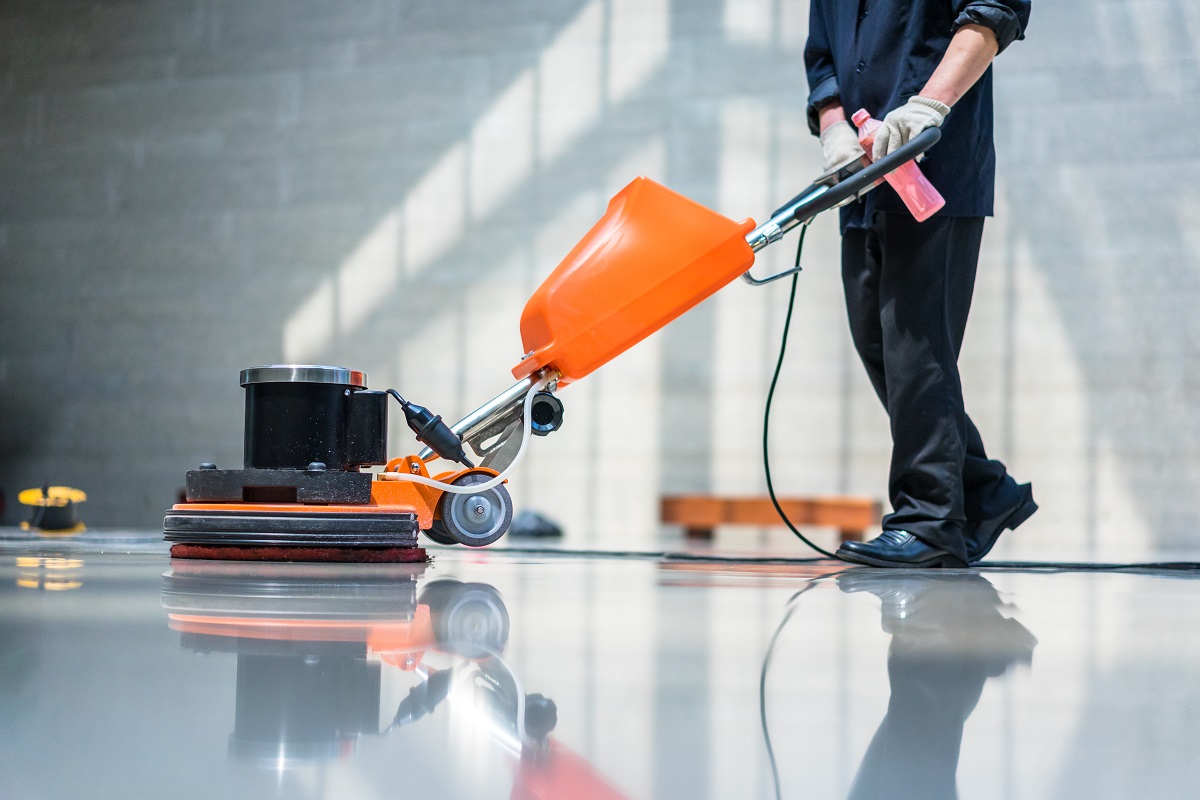
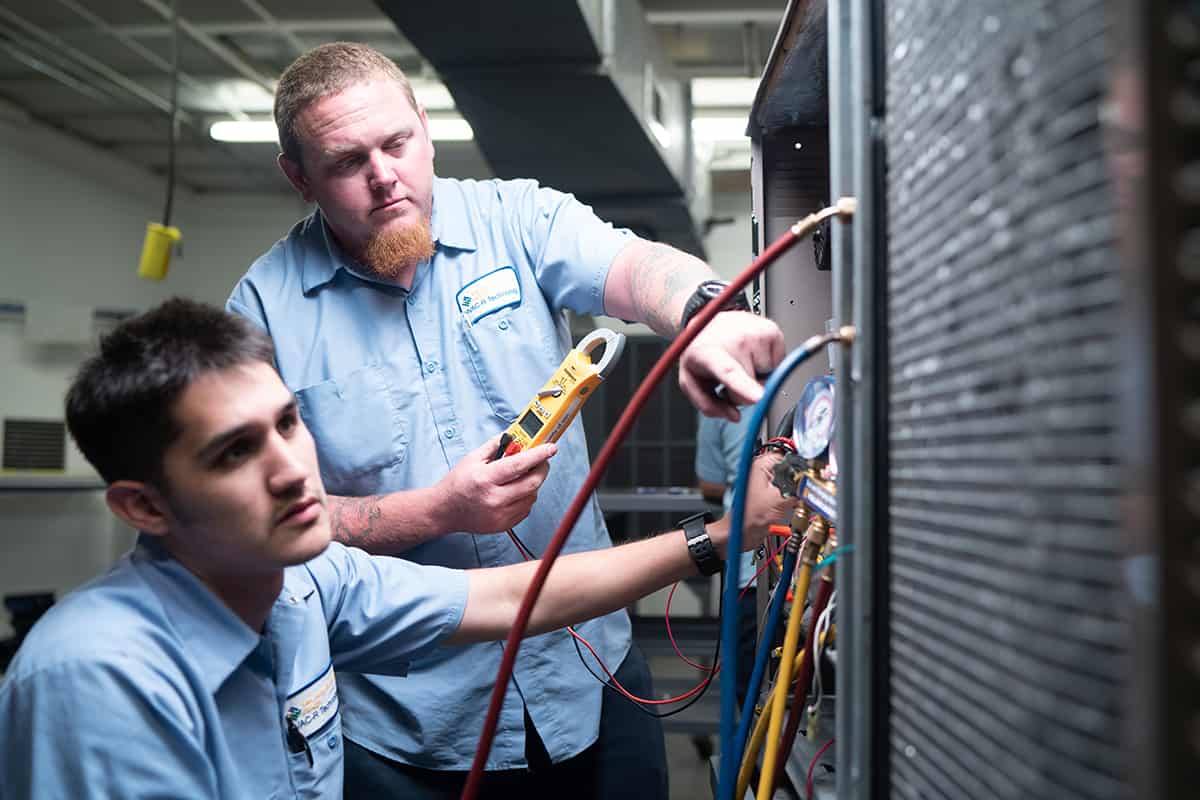
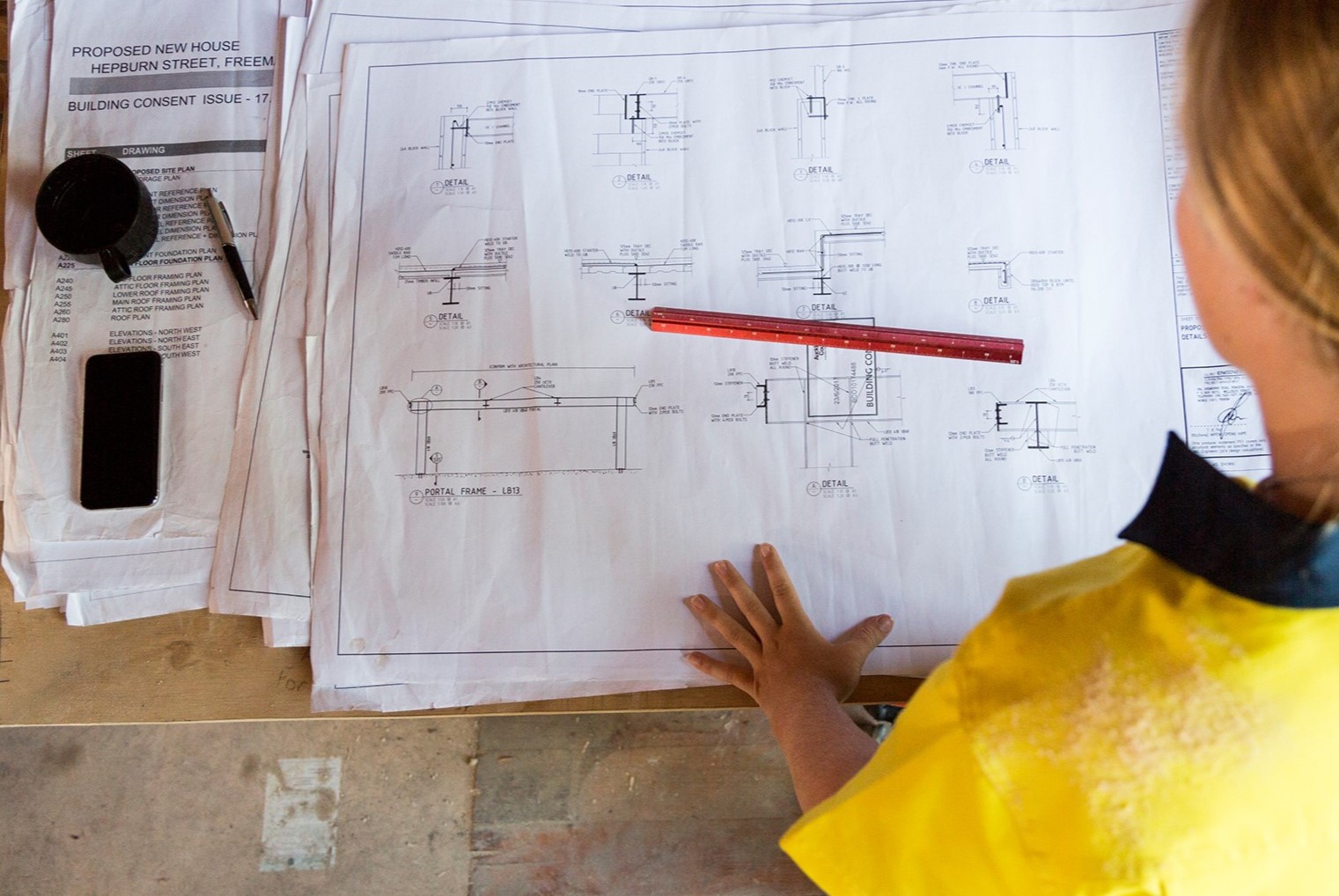

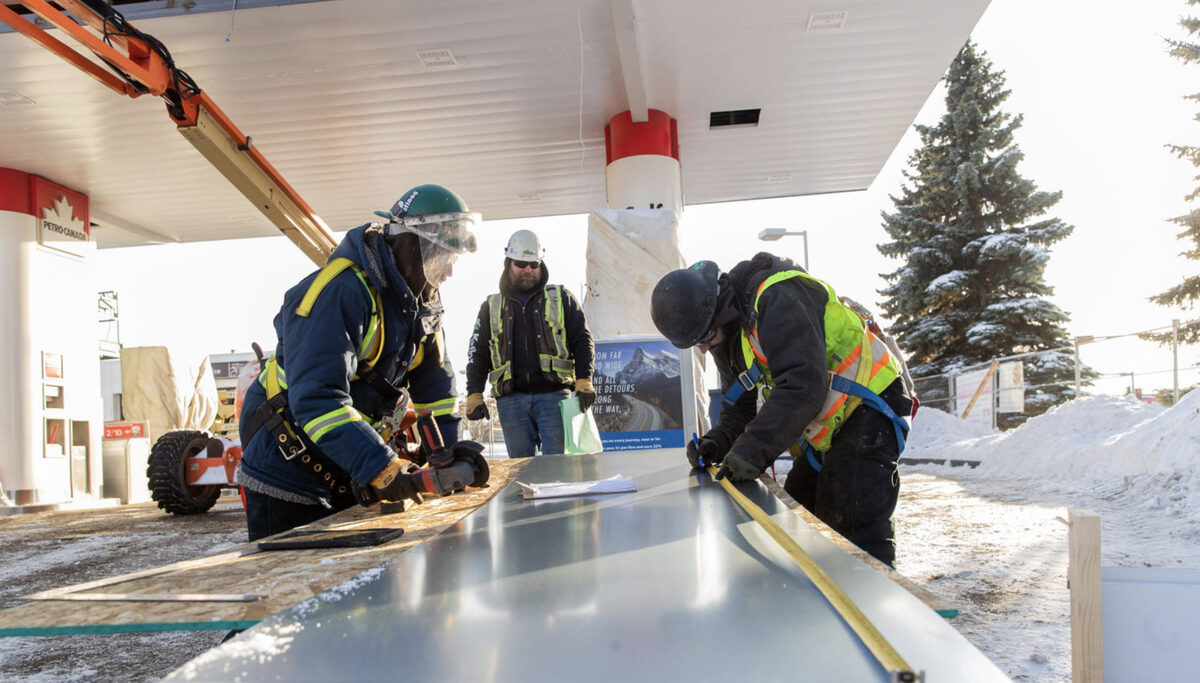

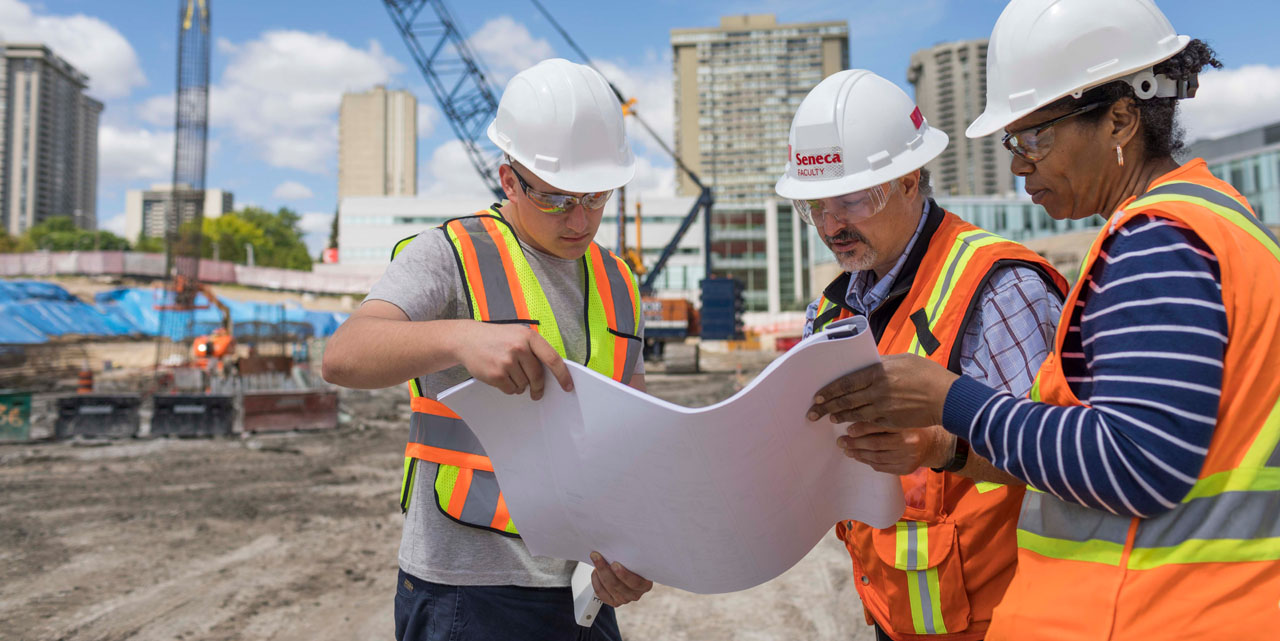


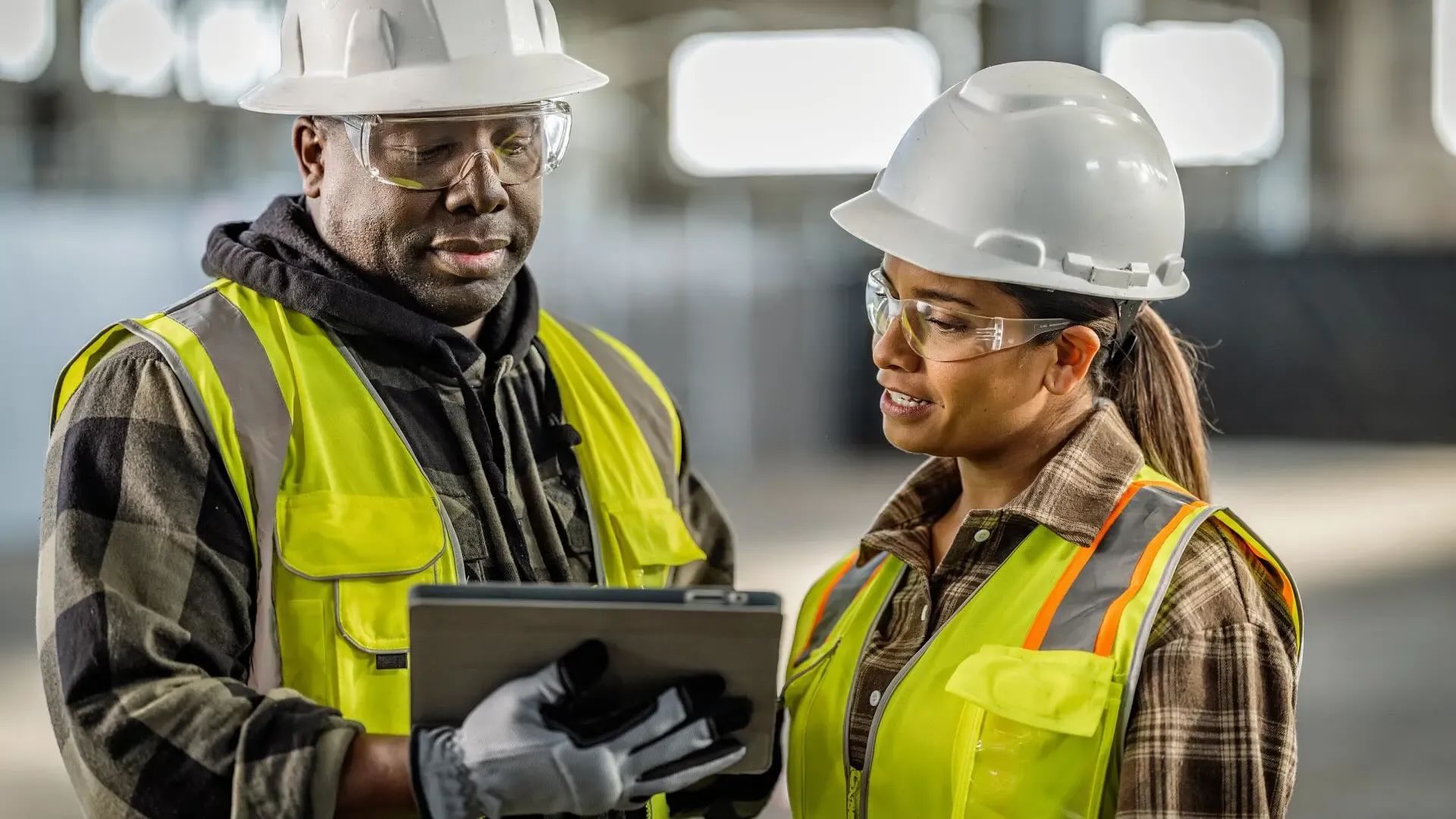


0 thoughts on “How To Become A Plumbing Technician”